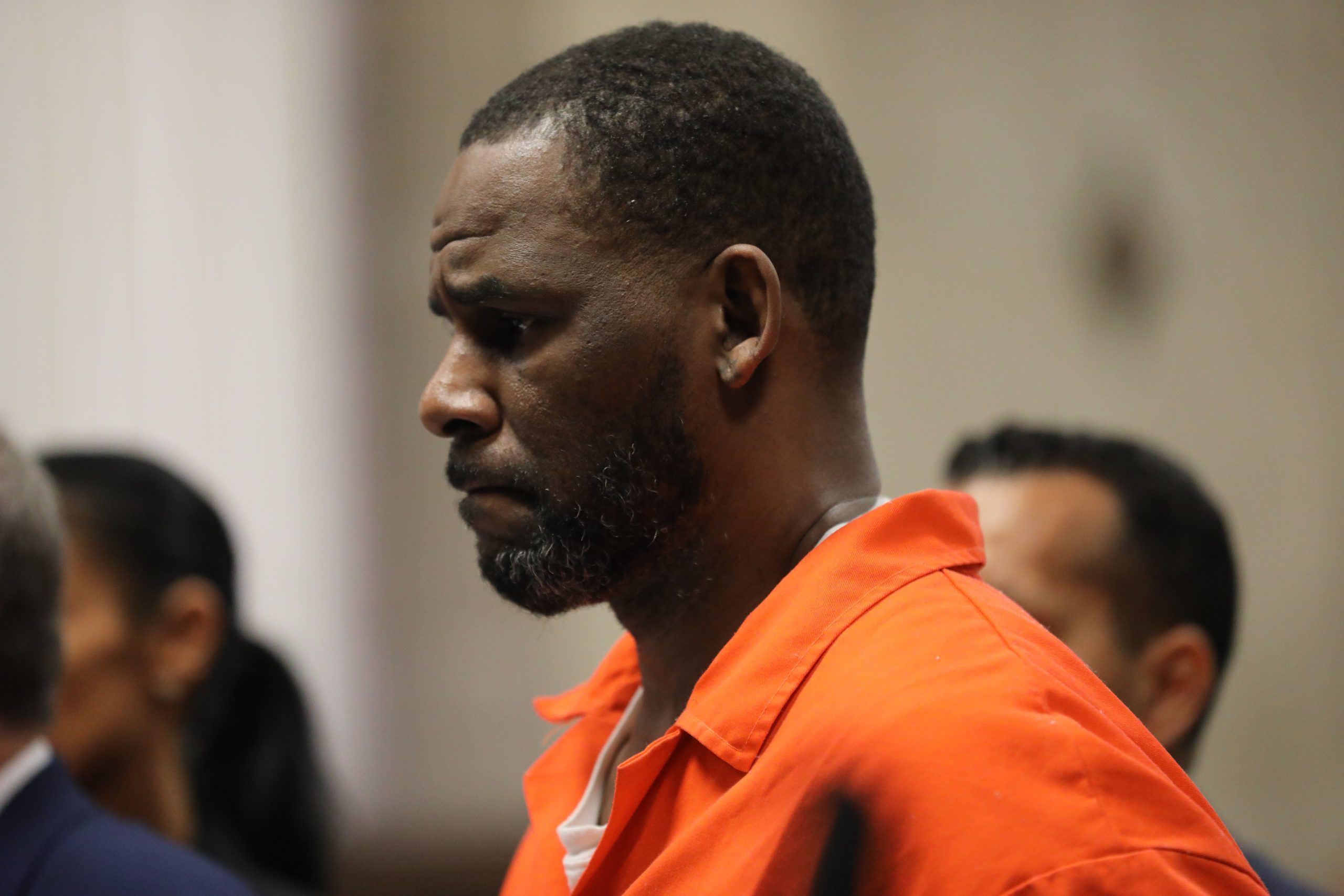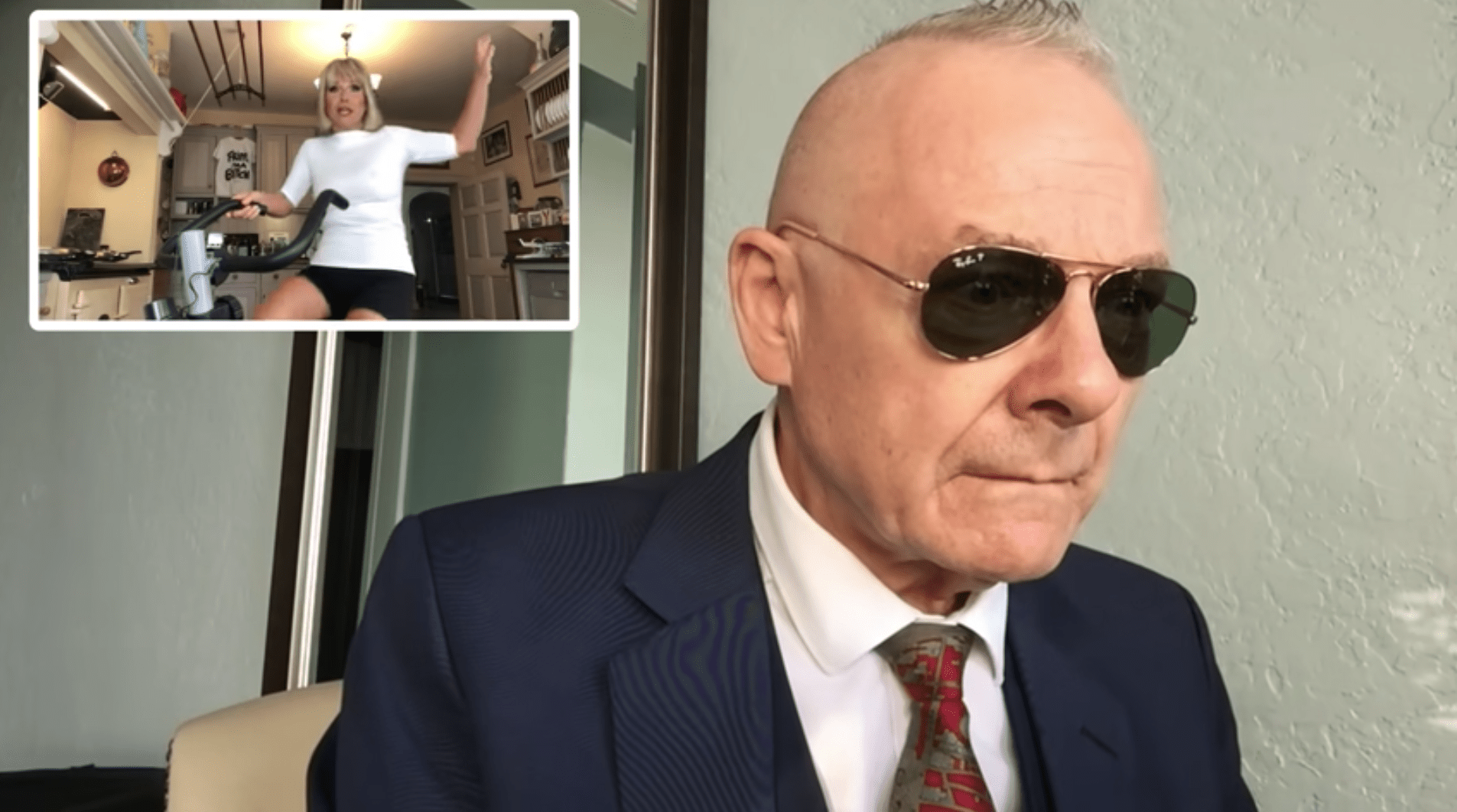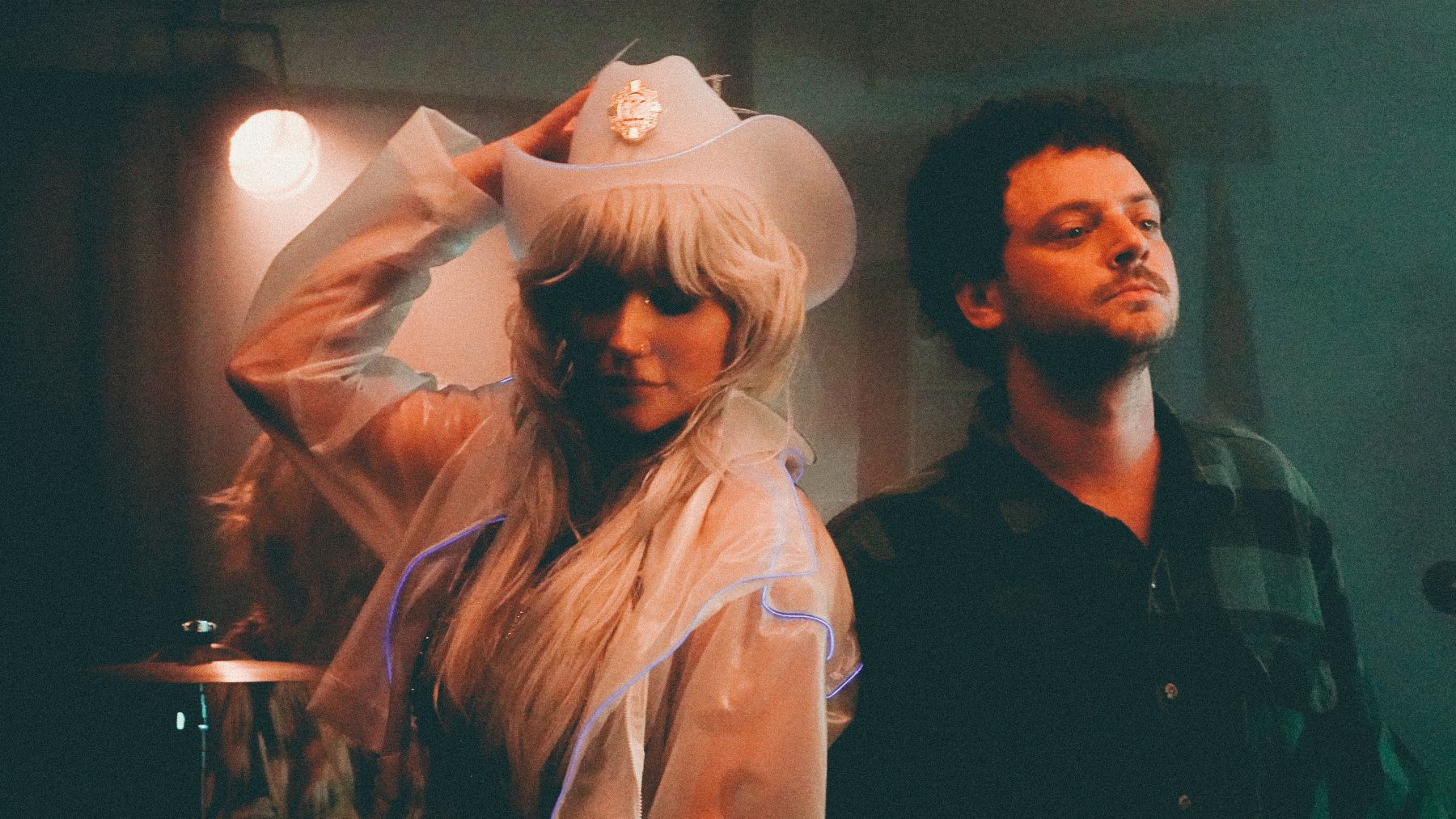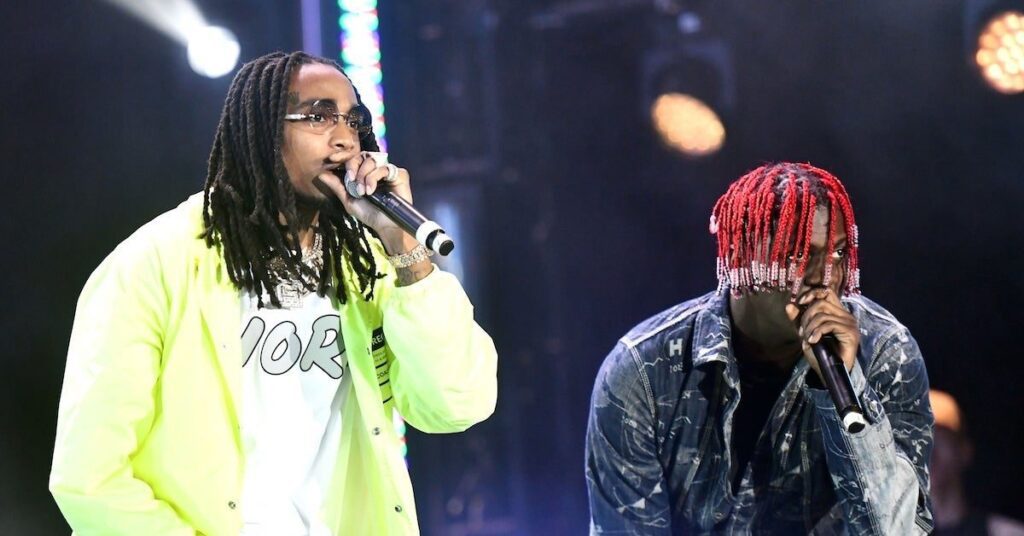
R. Kelly Racketeering Trial Opens as Judge Questions Prospective Jurors
The federal racketeering case again singer R. Kelly commenced in a Brooklyn courthouse on Monday, as Judge Ann Donnelly quizzed more than three dozen potential jurors about their ability to remain impartial and committed during a trial which is scheduled to start August 18th and is estimated to last at least four weeks.
The judge pressed prospective jurors on their ability to absorb testimony on “sexual activity between people of the same sex,” their previous knowledge of the allegations against Kelly, and in some cases, their views on law enforcement. Several jurors were dismissed, including one man who said his religious upbringing would make it difficult for him to be impartial during testimony about homosexual activity and one woman who said she believed that women “don’t lie about sexual harassment.”
In addition, Kelly’s legal team filed a motion to dismiss a number of the indictments against the singer on Monday morning. The judge said she would give the prosecution time to respond to the motion before making a ruling.
It’s been more than two years since Kelly was arrested in Chicago in June 2019. At the time, the singer was indicted in Illinois for child pornography, enticement of a minor, and obstruction of justice. Brooklyn prosecutors charged Kelly with racketeering the same day, alleging that he was the head of an “enterprise” that helped him “prey upon young women and teenagers whose dreams of meeting a superstar soon turned into a nightmare of rape, child pornography and forced labor.” Kelly is facing sex-related charges in Minnesota as well.
The singer pleaded not guilty to all charges. He previously faced trial in 2008 on child pornography charges and was eventually acquitted. In addition, a number of other previous suits against Kelly by women alleging sexual misconduct were settled out of court.
One potential juror confessed to being “uncomfortable” about the gist of the charges. “I have daughters too,” he told the judge.
The racketeering law being leveraged in the Brooklyn case was originally crafted to help law enforcement prosecute leaders of organized crime operations like the mafia. In this case, Kelly’s “enterprise” allegedly includes members of his entourage, bodyguards, drivers, and managers.
While the initial indictment accused Kelly of coercing, exploiting, or kidnapping a handful of women, the prosecution now hopes to bring evidence to bear from nearly 20 individuals, several of whom were underaged at the time of the singer’s alleged misconduct. The prosecution’s July filing accuses Kelly of committing sexual abuse, unlawfully imprisoning women, knowingly passing a woman a sexually transmitted infection, and using a member of his enterprise to bribe a state employee.
In addition, prosecutors plan to introduce testimony from a 17-year-old boy who claims he met Kelly at a McDonalds in 2006, according to the July filing. Afterwards, the singer allegedly invited the boy to his studio and later propositioned him and had a sexual encounter. Kelly is also accused of telling the boy to vouch for his character to a juror serving on his 2008 child pornography case. With all this testimony, prosecutors hope to show that the alleged incidents “were not isolated events and were part of a larger pattern,” according to court documents.
Kelly’s trial was delayed due to the pandemic, but Judge Donnelly started the jury selection process on Monday, winnowing a pool of possible candidates down to 18 — 12 to serve during the trial plus six alternates. Due to precautions around Covid-19, only the judge, attorneys, and jurors were permitted in the courtroom. Judge Donnelly ordered all potential jurors to be anonymous because of the media attention that would follow the trial; she addressed each of the jurors by a number — pausing only when an annoying drilling sound permeated the courtroom in the morning — and instructed them not to reveal too much personal information even when she quizzed them on their jobs and hobbies.
Two women told the judge they had suffered abuse as children. One said the experience would not impact her impartiality, while the other was excused.
Prospective jurors ranged from a woman who worked in customer service at a retail store and enjoyed listening to music to a man who said he liked to crochet and initially confused Kelly with the cartoonist R. Crumb; from a marathon runner who loved the soccer star Lionel Messi to a law student whose third year started in two weeks. Candidates had already filled out forms vetting their interests and possible biases, and it appeared that several had special difficulty coming up with the “publicly known figure” they “admire the most,” prompting the judge to ask them why they hadn’t answered that question in particular.
Much of the interviewing passed without incident, other than jurors pointing out that the temperature in the courthouse seemed more fitting for a meat locker than a place of business. Several potential jurors were granted exemptions from service for pedestrian reasons: The law student would be unlikely to balance school with the time commitment needed for the trial; one cashier said she suffered from back pain; a day-trader told the court he feared the demands of jury duty would send him into bankruptcy.
The more notable exchanges revolved around prospective jurors who indicated that their life experiences overlapped with the allegations against Kelly in some way. Two women told the judge they had suffered abuse as children. One said the experience would not impact her impartiality, while the other was excused.
Another prospective juror who was currently unemployed but hoped to become a freelance illustrator indicated that he might not be able to look past his Christian upbringing when it came to hearing testimony about “sexual activity between people of the same sex.” The judge chose to excuse him.
Similarly, a media company employee who said she found it hard not to believe women who spoke up about alleged sexual misconduct was excused. “You might be better suited to a different kind of case,” the judge told her. In a separate instance, after a prospective juror said she felt that police officers were more trustworthy than other witnesses, the judge reminded her that she had to treat the testimony of law enforcement employees the same way she would treat commentary from anyone else.
A handful of jurors were blunt about the distressing nature of the charges in this trial — the marathon runner, for example, confessed to being “uncomfortable” about the gist of the charges. “I have daughters too,” he told the judge. But when she asked him if he was able to put aside those feelings to focus on the material that might be presented in the case, he said he could. And a man who indicated that he had suffered injustice at the hands of the law enforcement in the past declared that those experiences would not “cloud [his] judgement” on the current case.
The proceedings wrapped up a little before 5 p.m., and it is unclear how long jury selection will take. Early in the day, the judge reminded the pool of prospective jurors that they were in it for the long haul. “Many of you like to watch law shows on TV,” she said. “You have to put those things out of your mind. The law shows are entertainment. They wrap everything up in an hour. This is a little different.”




